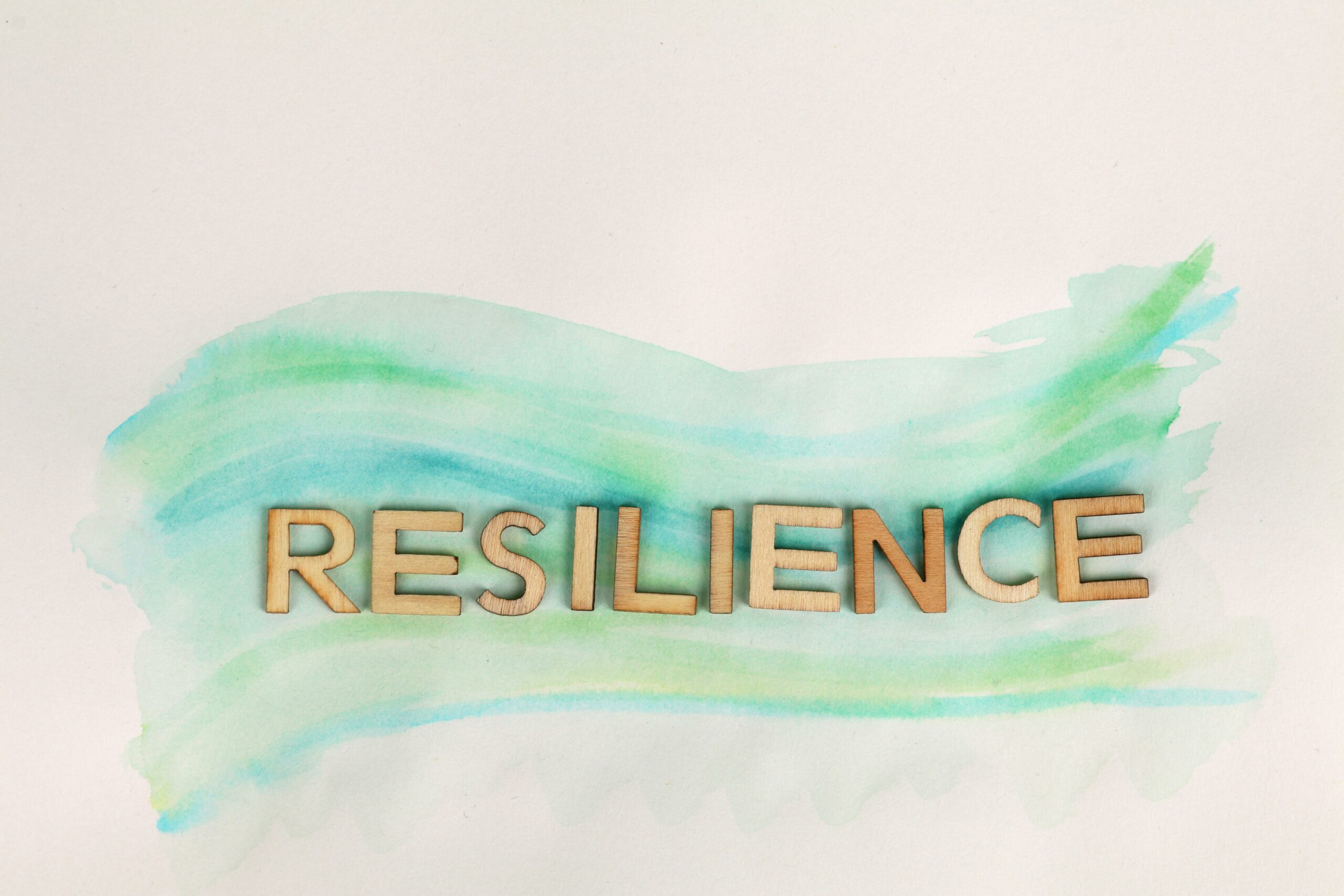Overcoming setbacks and learning from failures
Building mental and emotional resilience
Resilience is the capacity to bounce back from adversity, adapt to challenges, and maintain a positive outlook in the face of setbacks. Cultivating resilience involves developing coping mechanisms, learning from failures, and embracing a mindset that views obstacles as opportunities for growth. Individuals with resilience not only navigate difficulties with grace but also emerge stronger, more adaptable, and better equipped to face the uncertainties of life.
Resilience Example:
Adaptability:
- Embrace change as a natural part of life and work.
- Develop a flexible mindset that allows for adjustments in response to new circumstances.
- Approach challenges with a willingness to learn and adapt.
Positive Mindset:
- Cultivate optimism by focusing on opportunities rather than dwelling on obstacles.
- Practice gratitude to shift perspective and acknowledge positive aspects of situations.
- View setbacks as opportunities for growth and learning.
Emotional Regulation:
- Acknowledge and validate emotions without letting them overwhelm.
- Develop coping strategies to manage stress, anxiety, or disappointment.
- Seek support from friends, family, or professionals when needed.
Proactive Problem Solving:
- Break down challenges into manageable steps to avoid feeling overwhelmed.
- Take proactive steps to address issues rather than becoming paralyzed by them.
- Focus on solutions and alternative approaches rather than dwelling on problems.
Self-Reflection:
- Regularly reflect on experiences and setbacks to gain insights and learning.
- Identify patterns in reactions to challenges and work towards improving responses.
- Use self-reflection as a tool for continuous personal development.
Social Support:
- Build and maintain a strong support network of friends, family, and colleagues.
- Seek assistance and guidance from others during challenging times.
- Share experiences and concerns with trusted individuals to alleviate emotional burdens.
Goal Setting and Persistence:
- Set realistic and achievable goals, breaking them down into smaller, manageable tasks.
- Persevere in the face of obstacles, maintaining focus on long-term objectives.
- Celebrate small victories to stay motivated and reinforce a sense of achievement.
Mindfulness and Present Moment Awareness:
- Practice mindfulness to stay present and focused on the current moment.
- Avoid excessive worry about the future or dwelling on past difficulties.
- Engage in activities that promote relaxation and reduce stress.
Maintaining a Supportive Routine:
- Establish and maintain a consistent daily routine to provide stability.
- Prioritize self-care activities, such as adequate sleep, regular exercise, and healthy nutrition.
- Create a supportive environment that contributes to overall well-being.
Learning from Setbacks:
- View setbacks as opportunities for learning and improvement.
- Analyze mistakes or failures to identify areas for growth and development.
- Apply lessons learned to future situations, fostering a resilient mindset.
Effective Communication:
- Express needs and concerns assertively and constructively.
- Seek feedback from others to gain different perspectives and insights.
- Communicate boundaries and expectations clearly to manage stressors effectively.
Maintaining a Sense of Purpose:
- Connect with personal values and purpose to provide motivation during challenging times.
- Identify the broader significance of tasks and challenges in relation to larger goals.
- Cultivate a sense of meaning and fulfillment in both personal and professional endeavors.
Resilience is a dynamic quality that can be developed over time through intentional practices and mindset shifts. It involves adapting positively to adversity, maintaining emotional well-being, and bouncing back from setbacks.
